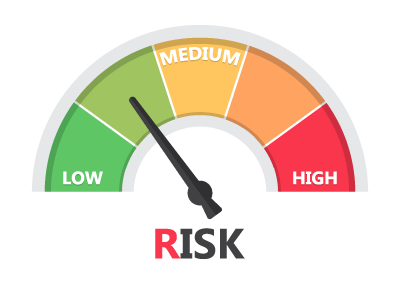What is a director’s guarantee?
A Director’s Guarantee is a declaration or form that a director signs which states that they will cover a specified debt or debts owed by the company of which they are a director. For some lenders, for example, having such a document signed is the only way in which they will enter into an agreement, especially when it comes to high-value transactions. An agreement of this type has relatively little impact on the director in question, unless the business enters into administration or, for whatever reason, fails to repay the debt.
These are most frequently requested in transactions involving a Limited company, whether the directors are protected by limited liability. If the business were to enter into administration, the directors would not ordinarily be liable for the company’s debts. The Director’s Guarantee addresses this. In a property context, increasing numbers of private landlords are moving to work through a limited company for tax reasons. As such, personal guarantees may become increasingly prevalent in securing finance.
How can you reduce the risk?
Firms such as Sam Conveyancing are familiar with directors’ guarantees. These are often required in the case of commercial finance or mortgage agreements. You will generally be advised to seek independent legal advice from a legal professional who is not party to the main transaction. This is to ensure that you have fully understood the provisions of the agreement and the implications on your own financial and legal position in the event that the company defaults.
Independent legal advice will include a meeting with a solicitor who will explain the terms of the guarantee and how these personally affect you. After the meeting, the solicitor will provide you with a letter confirming the legal advice has been given and which you will be required to sign, in addition to signing the guarantee itself.
Considerations
Can the director/directors cancel the guarantee and what happens in that situation?
The director can end the guarantee by giving 14 days’ notice to the creditor. However, the director will still be liable for guaranteeing repayment of any credit that the creditor has already provided to the debtor until that 14 days’ notice period has passed.
The following are events that would require the directors to repay their obligation to their lender. A missed payment, which remains outstanding after notification from the lender of the missed payment. A missed payment where no notification is required. Any breach of the lender’s terms irrespective as to what the breach is, and ‘no trigger required’, meaning that the lender can call in the guaranteed mortgage obligation on demand.
The guarantee lasts until the debt is fully repaid, cancelled by the director, or the lender decides to cancel it.
It is also important to be aware that most lenders are not required to give the director any notice period before the payment needs to be made. If a situation arises whereby the company and director cannot make payment, the lender is able to petition for the director’s bankruptcy after a 21 day period. Whilst there is generally more leniency given for residential mortgages, if the debt is with a company, it is worth noting that lenders tend to take fairly prompt action.



